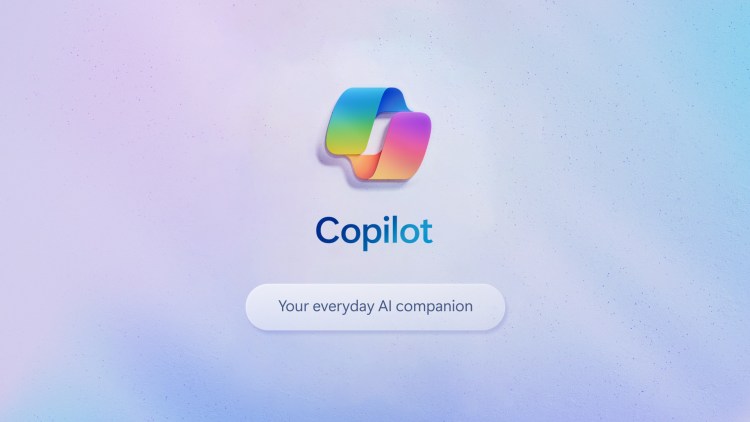The holidays are a time filled with peace, cheer, and the opportunity to unplug from work. However, in the competitive world of Big Tech, there is little time for rest when there’s a new product to promote. While many of us were preoccupied with holiday festivities, Microsoft quietly launched its latest AI assistant app, Copilot, on both Android and iOS platforms. The tech giant hoped that this release would go unnoticed amidst the distractions of the season.
The Features of Copilot
At first glance, Copilot resembles Microsoft’s previous Bing Chat app, which received significant attention when it debuted last year. Similar to its predecessor, Copilot allows users to engage in natural conversations, ask questions, compose emails, and conduct web searches. These functionalities are standard for AI assistants in 2024. However, beneath the surface, Copilot employs advanced AI technologies, such as GPT-3.5 and the newly enhanced GPT-4 in certain modes. This distinguishes Copilot from traditional chatbots, as it possesses the ability to understand context, participate in complex conversations, and generate hyper-realistic text and images using tools like DALL-E 3.
A remarkable aspect of Copilot is that it grants access to these powerful AI systems at zero cost. Typically, acquiring access to GPT-4 requires a substantial investment, amounting to $20 per month for an average user. Microsoft’s decision to provide this sophisticated AI technology free of charge to anyone with a smartphone is a significant milestone. It means that individuals now have access to an AI assistant that is comparable in capability to popular apps like ChatGPT.
Microsoft’s tactic of quietly launching Copilot during the holiday season may be interpreted by some as an attempt to avoid excessive hype. However, the reality is that the company strategically seized the opportunity to introduce Copilot without much fanfare. By doing so, Microsoft allowed the app to speak for itself during a time when people were generally receptive to new experiences.
The Implications and Outlook
Undoubtedly, Microsoft is well aware of the significance of this move. While many of us were engaged in holiday traditions, the company was making one of its most substantial advances in AI technology. By placing advanced generative models in the hands of millions through Copilot, Microsoft has entered the race of AI assistants in 2024 and beyond.
There remains a question as to how the public will respond once they recognize the immense capabilities of Copilot. Will its introduction during the holiday season lead to a seamless acceptance of this level of AI, or will it trigger a backlash? Presently, Copilot cannot match the conversational prowess of voice chat applications like OpenAI’s ChatGPT. Nonetheless, Microsoft’s stealthy release has positioned Copilot to be a significant player in the AI assistant market moving forward.
The arrival of Copilot has certainly made the AI landscape more intriguing. As we move forward, it will be fascinating to witness how this technology evolves and shapes our interactions in the future.










